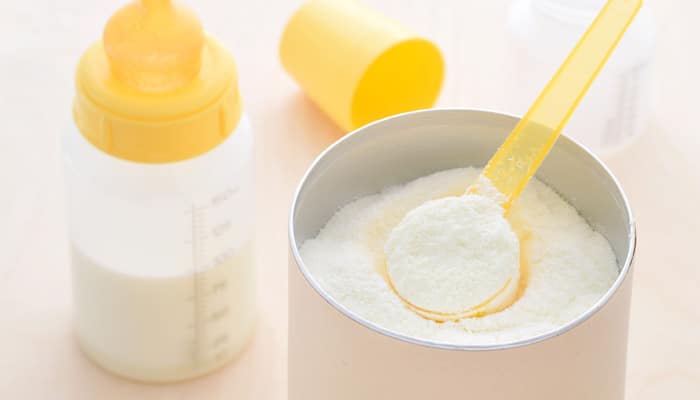The use of bisphenol A (BPA) as a monomer in the manufacture of plastic materials and articles is permitted by Regulation (EU) No 10/2011.
However some restrictions apply, BPA is prohibited in the manufacture of polycarbonate baby bottles for infants.
Following the publication of Regulation (EU) 2018/213, the ban on the use of BPA in the manufacture of polycarbonate cups and bottles for infants and young children is strengthened.
On the other hand, no migration of BPA is allowed from varnishes or coatings applied on materials and articles specifically intended to come into contact with infant formulae, follow-on formulae, processed cereal-based foods, baby foods, foods for special medical purposes developed to meet the nutritional needs of infants and young children, or milk-based beverages and similar products specifically intended to meet the nutritional needs of infants and young children.
The Regulation also lowers the SML (Specific Migration Limit) of BPA to 0.05 mg BPA per kg of food (mg/kg) for plastic materials and articles to ensure that exposure remains below the TDI-t (Temporary Tolerable Daily Intake of 4 µg/kg body weight per day) and does not present a hazard to human health.
This restriction also applies to BPA used in varnishes and interior coatings for food cans.
The Regulation is applicable from 6 September 2018, you will find it attached in its entirety : http://eur-lex.europa.eu/legal-content/FR/TXT/PDF/?uri=CELEX:32018R0213&rid=1
Please note that our laboratory is able to determine the content of bisphenol A under COFRAC accreditation in products of plant origin and certain products of animal origin.
You will find details of our COFRAC accreditations via our COFRAC technical appendix N°1-1904 available in your customer area or on the COFRAC website.
For any technical, tariff and/or regulatory information, do not hesitate to contact us.





